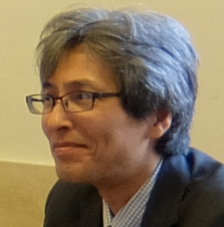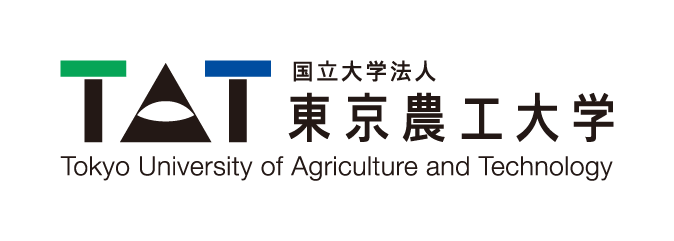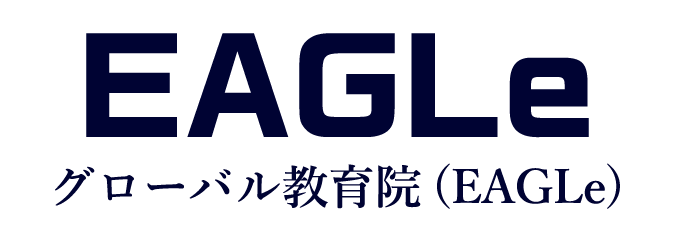- TOP
- Director’s Message
Director’s Message

Atsushi Chitose
Director, EAGLe
Tokyo University of Agriculture and Technology had set its vision to become a globally recognized research university in the Third Mid-term Goals and Mid-term Plans (2016–2021). We developed the following four strategies to realize this vision.
1. Strengthening globally competitive advanced research capabilities
2. Promoting education and research through dialog with the international community
3. Leading the Japanese industry towards the international community
4. Fostering highly qualified innovation leaders
To execute strategies 2 and 4, we believed it was vital to establish a university-wide organization that could fully utilize the university's resources and support to attain university-wide management of education, globalization of education, and admission work. Therefore, we merged the two organizations, the Center for Higher Educational Development and the International Center, and established the Organization for the Advancement of Education and Global Learning (EAGLe) in April 2018. EAGLe's ultimate goal is to cultivate human resources with advanced knowledge based on a broad perspective, world-class communication skills, and cross-cultural understanding to play an active role in the global society.
Also, we have the following three missions and are making various efforts to fulfill them.
1) Promoting globalization of the university
2) Establishing a quality assurance system in university education
3) Recruiting excellent students (including international students)
As for mission 1, we plan and implement an international exchange program that includes dispatching and accepting students.
For mission 2, we organize university-wide liberal arts programs, develop the educational infrastructure system, and propose and conduct educational evaluation surveys.
For mission 3, we examine and analyze various matters related to entrance examinations. Based on the results, we develop an entrance examination strategy and public relations scheme both internally and internationally.
EAGLe established a steering committee to make critical decisions regarding organization, personnel, budget, and outcome assessment to ensure internal control appropriateness. Under the Steering Committee are the International Education and Exchange Program Subcommittee, the Liberal Arts and Basic Scientific Education Subcommittee, and the Entrance Examination Reviewing Subcommittee. Each subcommittee consists of members recommended by the Faculty of Agriculture and Faculty of Engineering in addition to full-time faculty members of the EAGLe. This system enables us to discuss various matters concerning the three missions with both faculties and university-wide committees such as the Education and Student Life Committee and the Entrance Examination Committee.
EAGLe full-time faculty members are divided into three groups: International Liaison, Global General Education, and Admission and Basic Scientific Education, and carry out their research and planning duties under the policy adopted by the steering committee and the subcommittees.
Furthermore, we work on various tasks requested by university-wide committees and faculties. Since its inception, EAGLe has steadily built up a track record of planning and managing courses for first-year students, expanding study abroad programs, increasing the number of overseas dispatches and acceptances, and enhancing high school-university collaboration programs.
This year marks the third anniversary of our founding. Building on our achievements over the past two years, we will strive to develop human resources that can play an active role in global society by strengthening cooperation with both faculties and promoting the efficient use of EAGLe resources.


